Displaying items by tag: Wexford Kite Surfing Festival
Irish Kitesurfing Nationals in Wexford This Weekend
#KITESURFING - The annual Wexford Kite Surfing Festival on Duncannon Beach will once again play host to the Irish National Kite Surfing Championships this weekend 25-26 August.
Presented by the Irish Kitesurfing Association (ISKA) and Wexford-based start-up school Hooked Kitesurfing, the two-day content will present the best in junior, men's and women's kitesurfing in course racing and freestyle events.
As organiser Niall Roche tells Visit Wexford, the global field of competitors will for the first time be reflected with an international judging panel.
"It’s a real boost for the festival and indeed for kitesurfing in Ireland," he says. "This event will be the biggest kitesurfing event on the national calendar this year, we are expecting over 50 kitesurfers to compete."
And aside from the action on the water, the festival weekend includes fun for all the family from water zorbing to archery, face painting, power kite lessons for kids and a beach party with barbecue. Details of events and competition times are available HERE.
Ireland's Kitesurfers Headed to Wexford Fest
The Irish National Kite Surfing Festival will be part of the action at the Wexford Kite Surfing Festvial in Duncannon next weekend.
Kitesurfers from all over Ireland will compete in course racing and a freestyle competition in their bid to claim the national championship.
But the two day event also offers entertainment for all the family, from archery and bungee trampolines for the more adventurous to face painting, hula hoops and bouncy castles for the young - and young at heart.






























































